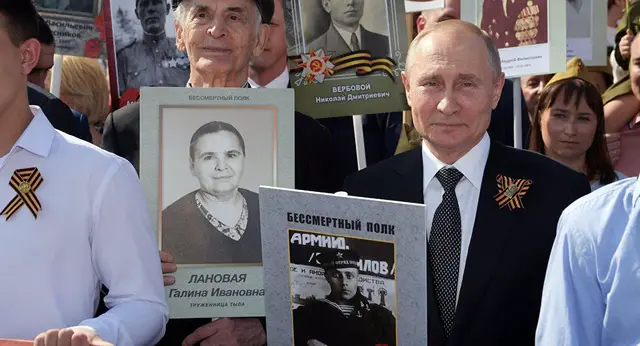By APD writer Wang Peng
“I don't want war in Mindanao despite attacks.”
--Philippine President Rodrigo Duterte after his triumph of campaign
Just half a year later, Duterte’s “prophecy” has unfortunately come true.
Three days ago, on May 24, the Philippine southern Mindanao broke out crisis. Many of the city's facilities were occupied by terrorists and local civilians fled from their homes. It was reported that more than five Philippine soldiers were gunned down.
At the press conference in the city of Davao on Friday morning, Philippine President Rodrigo Duterte claimed that the government forces have killed 31 terrorists, 12 of which have been confirmed identities. Many of them are foreigners, including Malaysian, Indonesian and Singapore. Therefore, the Philippine government determined foreign terrorist organizations have participated in this attack.
Considering the increasing possibility of IS infiltrating in and giving support to the local terrorists, Duterte declared a martial law in Mindanao amid clashes.
Why do the southern Philippines always suffer from terrorist attacks and endless civil wars? What kind of curse is made on the wealthy land surrounded by blue waters that makes it become the bloodiest battlefield and the hell of innocent civilians?
Mindanao is the second largest island in the Philippines, only second to the main Luzon Island. However, in the past 50 years, different factions of the anti-government armed forces exist, such as the New People’s Army (NPA, Filipino: Bagong Hukbong Bayan) of the Communist Party of the Philippines (CPP), the “Moro Islamic National Liberation Front”, as well as an increasing number of active religious forces including the brutal Abu Sayyaf Group (ASG) and Maute Group involving in this conflict. The Maute Group is also known as the Islamic State of Lanao, a radical Islamist group composed of former Moro Islamic Liberation Front guerrillas and some foreign fighters led by Abdullah Maute.
In recent years, conflicts between the Philippine government and those religious military groups have risen dramatically. The Philippines is the only Catholic country in Southeast Asia, and hence the domestic contradictions between the mainstream national religion and the southern ethnic-religious groups are complex and severe. Since the independence of the Philippines, the southern Muslim separatist movements never stop, and cause a number of large-scale armed conflicts, resulting in heavy casualties.
In the history, the Philippine government had tried many ways to ease the separatist pressure in the southern Muslim region, but perhaps partially due to the neglect of the southern Muslim economic interests and religious sentiment. The measures were ineffective, and instead fuelling the anti-government sentiments among Muslims. Especially in the 1970s, faced with the increasingly threat of separatist separatism in the south, President Marcos promulgated authoritarian policies. This measure not only failed to suppress the rebel forces, but also forced some of the local armed groups and centrists against the government.
Later, the Corazon Aquino’s administration advocated the implementation of constitutional autonomy. This measure eased the conflicts to a certain extent, but still did not solve the problem thoroughly. After the end of the cold war, along with the rising Islamic fundamentalism around the world, the southern Philippines cannot maintain its own integrity during the increasingly chaotic times.
This is how and why this originally beautiful and prosperous land became the most dangerous region in the Philippines, and also the “base camp of terrorists” and “heaven of kidnappers” in the report of international media after years of continuous fighting.
Rodrigo Duterte has once promised that “Peace is still possible in the South Philippines”. He claimed that during his presidency there will be opportunities to rally a divided nation under one flag and end the reign of terror. Can Duterte live up to his own promise? Whether his policies will create a more peaceful and stable social order in the South Philippine remains to be seen.
Dr. Wang Peng, Research Fellow at Chahar Institute, Lecturer at the China Institute of Fudan University.
(ASIA PACIFIC DAILY)
 简体中文
简体中文

